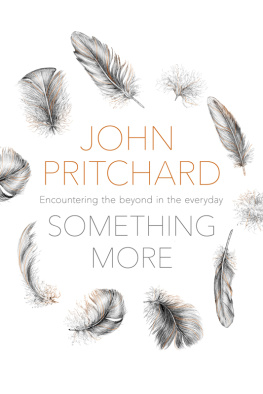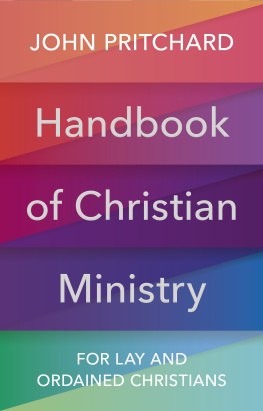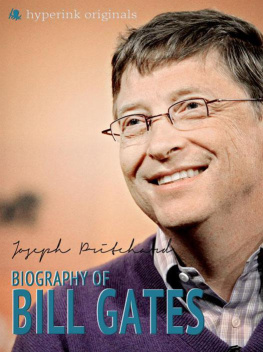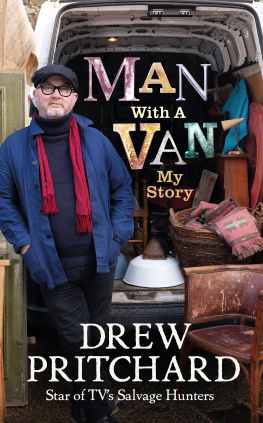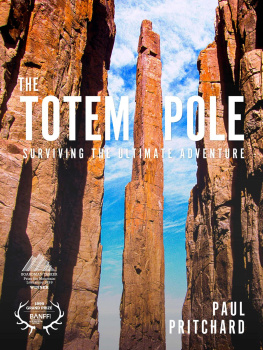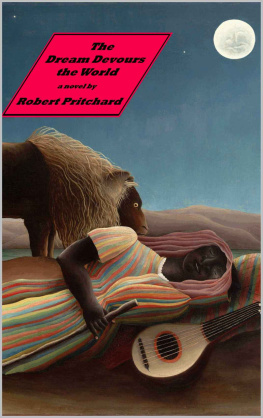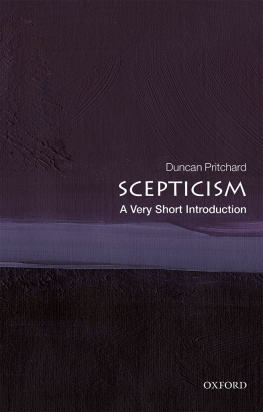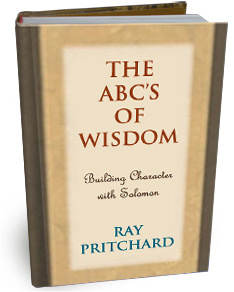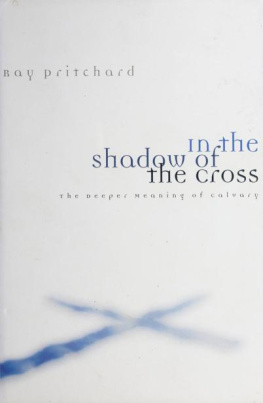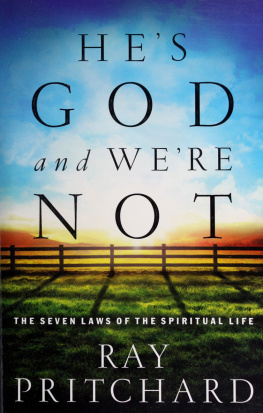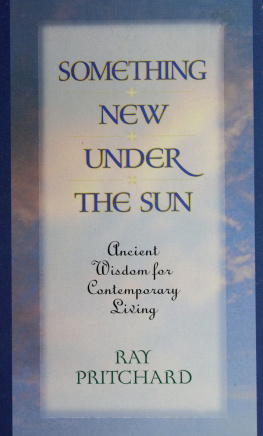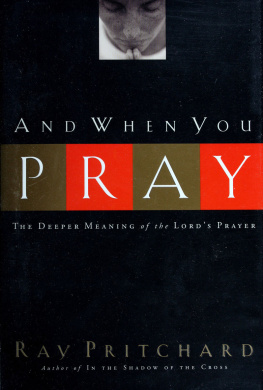John Pritchard was Bishop of Oxford until his retirement in 2014. He was formerly Bishop of Jarrow and, before that, Archdeacon of Canterbury. He has served in parishes in Birmingham and Taunton, and was Warden of Cranmer Hall, Durham. Other books by the author include The Intercessions Handbook , Beginning Again , How to Pray , How to Explain Your Faith , The Life and Work of a Priest , Living Jesus , God Lost and Found , Living Faithfully and Ten .
First published in Great Britain in 2016
Society for Promoting Christian Knowledge
36 Causton Street
London SW1P 4ST
www.spck.org.uk
Copyright John Pritchard 2016
All rights reserved. No part of this book may be reproduced or transmitted in any form or by any means, electronic or mechanical, including photocopying, recording, or by any information storage and retrieval system, without permission in writing from the publisher.
SPCK does not necessarily endorse the individual views contained in its publications.
The author and publisher have made every effort to ensure that the external website and email addresses included in this book are correct and up to date at the time of going to press. The author and publisher are not responsible for the content, quality or continuing accessibility of the sites.
Scripture quotations are taken from the New Revised Standard Version of the Bible, Anglicized Edition, copyright 1989, 1995 by the Division of Christian Education of the National Council of the Churches of Christ in the USA. Used by permission. All rights reserved.
Every effort has been made to seek permission to use copyright material reproduced in this book. The publisher apologizes for those cases where permission might not have been sought and, if notified, will formally seek permission at the earliest opportunity.
British Library Cataloguing-in-Publication Data
A catalogue record for this book is available from the British Library
ISBN 9780281073528
eBook ISBN 9780281073535
eBook by Graphicraft Limited, Hong Kong
Contents
I was lying in the recovery ward of a London hospital after a small operation. I was under instruction to lie completely flat, and consequently was finding it difficult to speak coherently even more so than usual. Nevertheless, I found out that one of the nurses looking after me was from Canada and had spent four years wandering the world, including walking the 600 miles of the Camino to Santiago de Compostela in northern Spain. She seemed like a feisty young woman with a spirit of curiosity and courage.
What do you do? she asked. Resisting the urge to say Suffer, I managed, I teach and write. Admitting to being a bishop seemed a bit pompous. Oh, she said, what are you going to write next? I explained in my strangled voice that I hoped to write a book about catching glimpses of God in everyday life, starting from the supposition that for most people under 35 in the West, traditional religious language has gone cold. Her ears pricked up and we talked a bit more about the project. Eventually she had to go and look after other people more deserving than me, and I had to recover from being a half-wit in a cream-coloured gown who talked as if he had a dummy in his mouth. As she left she said, Im glad we met. Ill be looking out for that book.
Well, this is that book. And it does indeed start from the assumption that the language of the Church that sustained and shaped western culture for well over a thousand years has more or less hit the buffers for many of us. Somehow weve poured water on the burning bush and all were left with are wet ashes. The entire Christian world-view is probably a foreign country to my nurse. Words such as salvation, redemption, atonement, sacrament, etc. are probably not in your everyday dictionary either. We need another language to do justice to whatever it is that we mean when we use the word spiritual.
So I write for those whom one writer calls a wider and more miscellaneous [audience] made up of seekers and doubters, opinionated rationalists, religious romantics, disillusioned ex-Church of Englanders, church musicians, thinkers about the universe, and those who dip their toes in and out of the Christian sea. But I also write for myself (dont writers always do that?). I write for those times when I lose the clarity of revealed faith and need to approach the mysterious jigsaw by a longer, more tentative route. What are the hints and guesses in my own experience that nudge me towards the something more of faith? I think there are probably many faithful churchgoers whose thinking runs along the same lines and who, for preference, would approach the faith rather more speculatively. I hope the book might therefore be useful for home groups as well, and there are group questions at the end. The Taking it further section in each chapter might also be a prompt for discussion.
Francis Spufford, in his lively book Unapologetic , describes the situation in Britain in vivid language:
Most people dont have a God-shaped space in their minds, waiting to be filled, or the New Atheist counterpart, a lack-of-God-shaped space, filled with the swirly, pungent vapours of polemic. Most peoples lives provide them with a full range of loves and hates and joys and despairs, and a moral framework by which to understand them, and a place for awe and transcendence, without any need for religion. Believers are the people touting a solution without a problem, and an embarrassing solution too, a really damp-palmed, wide-smiling, cant-dance solution. In an anorak.
But that isnt the whole story, and thats what I want to write about. The situation in Britain is more complex than at first appears. Linda Woodhead has been conducting extensive country-wide research on the state of religion in modern Britain for some time, and she sums it up like this:
What we are seeing today is an opening up to mystery, magic, and enchantment in the material world and embodied life. Much of my own research has been dedicated to exploring this re-enchantment as it is manifest in the rise of various forms of alternative or holistic spirituality the extensive world of mind, body, spirit practices... Examples of enchantment that emerge from the research include the revival of pilgrimage, the re-sacralisation of holy wells, the creation of prayer cairns on mountains, the greening of mainstream religions, the re-working of various forms of religious dress, charms and symbols, and the explosion of spiritual activities focused around bodily healing. We can safely conclude that God never really went away but he changed a great deal. He now appears with a thousand faces: as personal Creator, impersonal Spirit or Energy, immanent Goddess, and many more. It is not true that religion disappeared in post-war Britain; what happened was that it went underground and incubated new forms.
The politician Enoch Powell had a neat way of putting it some time ago. He said, The nation was once not as religious as some like to believe, nor is it now as secular as people like to assume. The idea that there was once a deeply religious age when everyone filed gladly into church on Sunday morning is more myth than reality. Equally, the idea that none of us tries to make spiritual sense of experiences of depth and grandeur and suffering and being loved is also a myth. Its true that were tempted to rush past these deep questions and get on with simpler ones, but the mysterious call of the transcendent isnt so easily dismissed.
I used to lament the tendency of many people I met to dismiss religion with the easy distinction that they werent religious but they were definitely spiritual anything but admit they associated with something as banal as religion. Gradually, however, I came to see that much of the traditional language of religion had become too tarnished for many people to use, but that the more acceptable word spiritual gave people a toehold in the eternal search for meaning, and I could welcome and enjoy the new vocabulary as an enrichment of our conversation. The words might change but the underlying reality was what mattered. The question is still, Whats really going on here?

